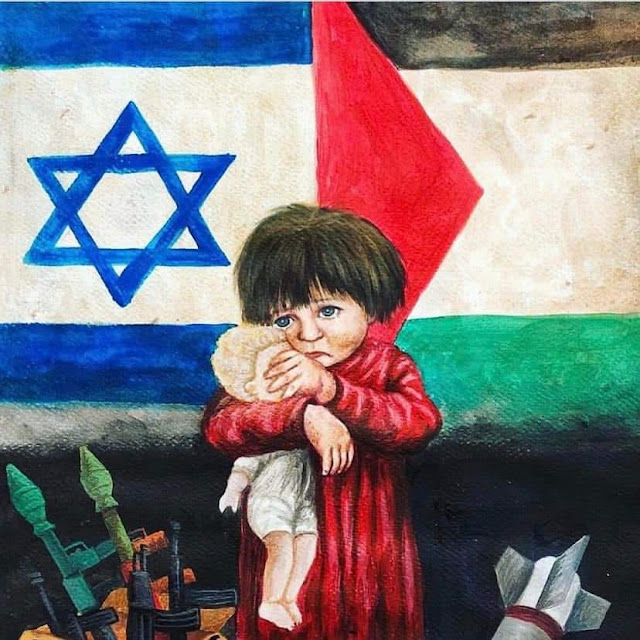Reflections on the Israel-Hamas Ceasefire: A Step Toward Humanity and Justice
Reflections on the Israel-Hamas Ceasefire: A Step Toward Humanity and Justice
By Lenin Raghuvanshi
2007 Gwangju Human Rights Awardee
2010 International Human Rights Award of City of Weimar, Germany
On November 9, 2023, I penned an open letter urging global leaders to prioritize humanity, diplomacy, and justice in resolving the Israel-Palestine conflict. Today, as the ceasefire between Israel and Hamas begins to take effect, I am filled with cautious optimism. While this development brings hope, it also underscores the fragile nature of peace in a world scarred by years of division and violence.
The ceasefire, brokered through the tireless efforts of Qatar, Egypt, and the United States, represents the first step in a long journey toward healing and reconciliation. The exchange of hostages and prisoners, along with the resumption of humanitarian aid, has brought a glimmer of relief to Gaza's war-ravaged population. However, the delays and last-minute challenges preceding the truce highlight the fragility of this agreement and the complexity of the situation.
A Call for Sustained Commitment
In my earlier appeal, I advocated for an immediate cessation of violence, the establishment of a United Nations-led investigation into the root causes of the conflict, and a framework for sustainable peace. This ceasefire, while welcome, must not mark the end of global efforts but rather the beginning of a larger commitment to justice and equality.
The historical parallels I drew with the Warsaw Ghetto Uprising remain pertinent. The human spirit, even under the most oppressive circumstances, has an indomitable will to fight for dignity and freedom. This ceasefire is a reminder that both sides have endured immense suffering and that any lasting peace must honor the aspirations and rights of all people involved.
Challenges Ahead
The events leading to this ceasefire reveal the deep-seated grievances and mistrust that must be addressed. For the truce to hold and pave the way for meaningful resolution, key actions must follow:
Accountability for Atrocities: All parties must be held accountable for actions that have led to civilian casualties and human rights violations. Truth and reconciliation can only emerge when justice prevails.
Humanitarian Support: The entry of 200 aid trucks, including fuel supplies, is a critical step. However, sustained humanitarian efforts must address the long-term needs of displaced families and rebuild essential infrastructure in Gaza.
International Mediation: A multilateral approach led by the United Nations, with the involvement of neutral mediators, is essential to address underlying issues such as territorial sovereignty, security concerns, and equitable resource sharing.
A Vision for Lasting Peace
As thousands of Gazans celebrate the ceasefire and cautiously return to their homes, I urge global leaders to transform this moment into a foundation for enduring peace. The world cannot afford to let this fragile truce collapse into further bloodshed.
Peace, as I quoted Thomas Mann in my earlier letter, is not the absence of war but the resolution of problems that lead to war. Let this ceasefire be a stepping stone toward addressing the systemic issues that have fueled decades of conflict. Let it rekindle our collective humanity and our unwavering belief in the possibility of a just and equitable world.
Today, as we witness the first signs of calm after months of devastation, I extend my solidarity to the people of Gaza and Israel. May this truce blossom into a sustained effort to build bridges, heal wounds, and honor the sanctity of every human life.
With hope and resolve,
Lenin Raghuvanshi
Varanasi, India



Comments
Post a Comment